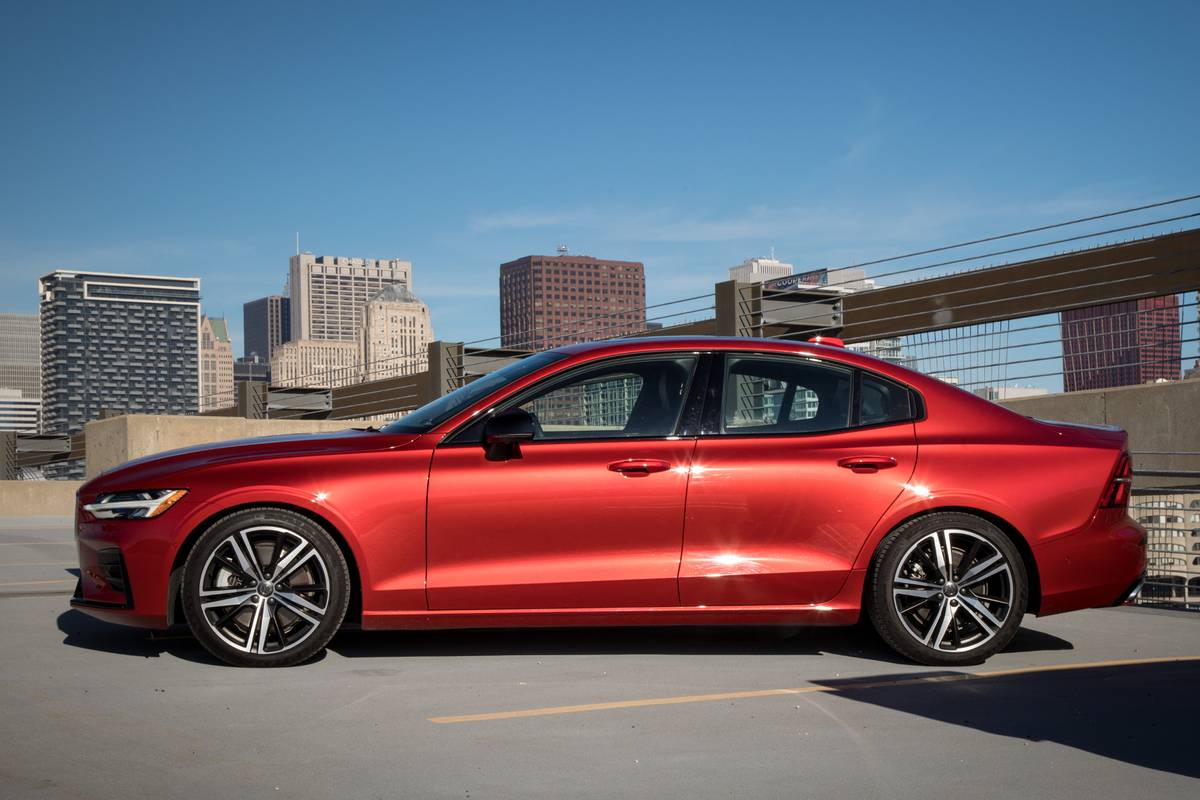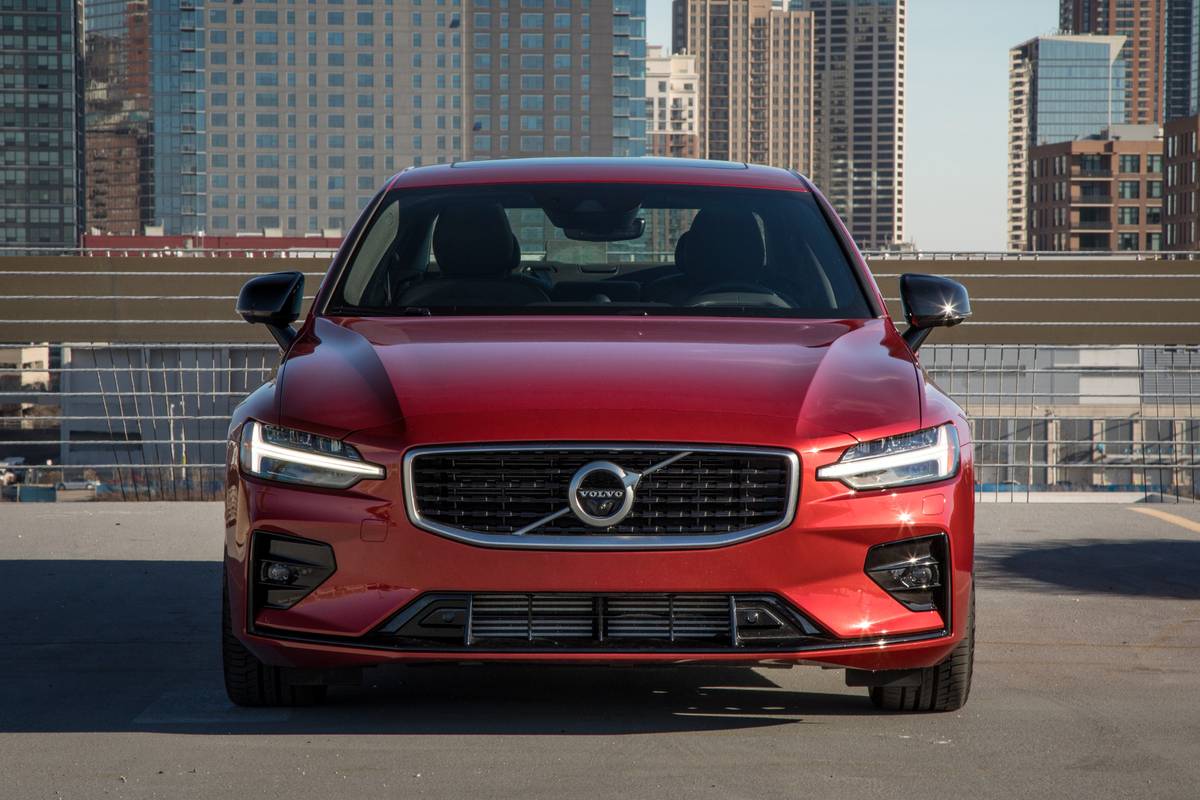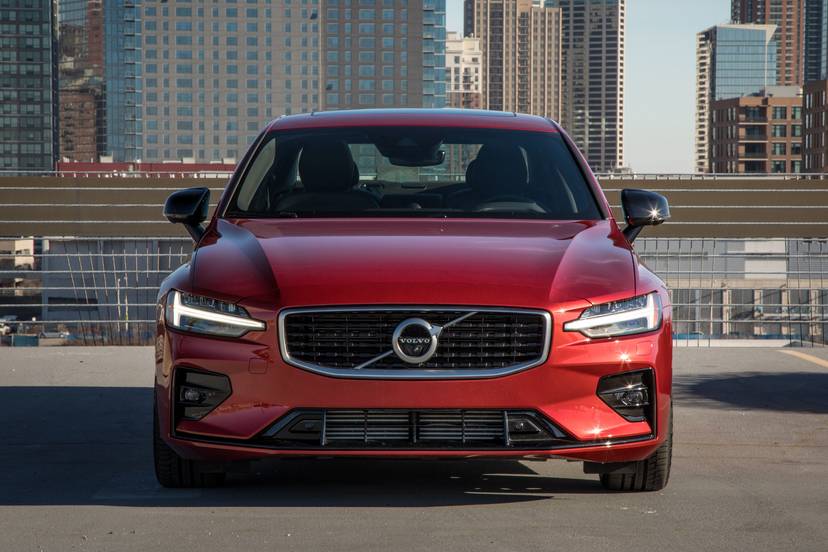
Style and technology long have been Volvo hallmarks. The automaker doubled down for 2019 on both aspects in the redesigned S60 sedan, and it also added a couple firsts to the nameplate: Volvo will produce the S60 in its first U.S. manufacturing plant and offer the car through a Care by Volvo monthly subscription service.
Related: Had One Too Many? Volvo Big Brother System Will Stop Car, Call for Help
The overhauled S60 comes in Momentum, R-Design and Inscription trims. A standard turbocharged four-cylinder (called T5) drives the front wheels, while a turbocharged and supercharged four-cylinder (called T6) is optional; the latter pairs with all-wheel drive.
Interested in this mid-size sedan that offers a lot of safety and luxury features? We’ve driven it, compared it against rivals and covered pricing, specs and more. Here is a roundup of our comprehensive coverage, which can tell you everything you need to know about the 2019 Volvo S60:
2019 Volvo S60 Review: Drivability Doubts Tarnish Many Strengths
2019 Volvo S60 First Drive: Like Catching Up With an Old Friend
2019 Volvo S60: 6 Things We Like and 3 Things We Don’t
Carolina on Its Mind: Volvo Unveils 2019 S60, Pricing at First U.S. Plant
Lightbulb Moment: 2020 Volvo S60 Shines in Safety Test, If You Get the Upgrade Headlights
Cars.com’s 2019 American-Made Index: What About the Least American Cars?
Here’s What Owners Need to Know About Volvo’s Free Towing for Life
Volvo S60’s Polestar Boost Is Emissions-Neutral, Performance-Positive
Research the 2019 Volvo S60 Hybrid
More From Cars.com:
- Research the 2019 Volvo S60
- Volvo News
- 2019 Volvo XC40: 6 Things We Like and 3 Things We Don’t
- 2020 Volvo V60 Cross Country Quick Spin: All the Way Up
- Find Your Next Car
Cars.com’s Editorial department is your source for automotive news and reviews. In line with Cars.com’s long-standing ethics policy, editors and reviewers don’t accept gifts or free trips from automakers. The Editorial department is independent of Cars.com’s advertising, sales and sponsored content departments.












































